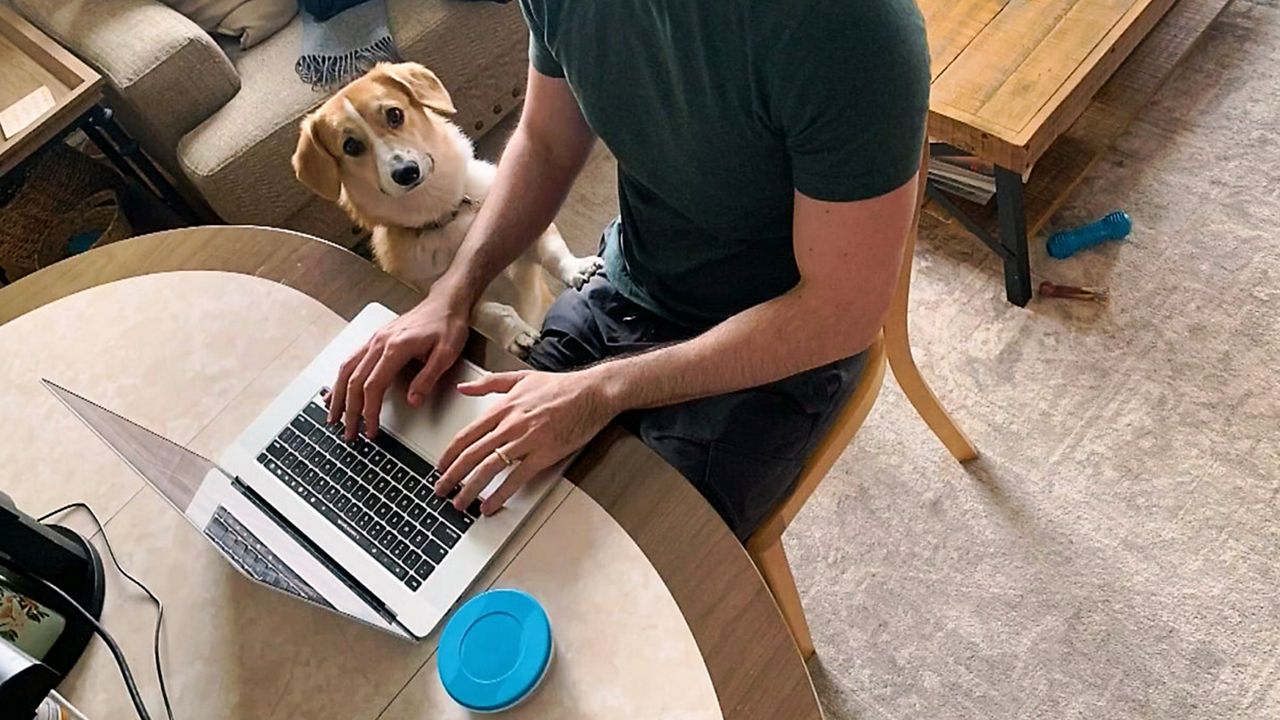Editor's note: Mental Health Musings (MHM) will focus on community resources and stories throughout the duration of the COVID-19 pandemic and ongoing protests against police brutality.
The COVID-19 pandemic’s necessary stay-at-home orders and the economic fallout that happened because of those orders exasperated mental and behavioral health needs in New York.
This year, there’s been increases in substance use, deaths by overdoses, positive screenings for anxiety and depression, and more.
The New York State Office of Mental Health (NYS OMH) released a report called “COVID-19 and the Public Mental Health System” first presented at a virtual town hall meeting on Dec. 8.
The report documented not only the challenges presented this year due the virus and the NYS OMH’s response, but also how to address crises after the pandemic ends.
Over 70 percent of people reported an increase in stress and anxiety according to a NYS OMH survey of more than 6,000 people from May to June this year.
People reporting symptoms of anxiety increased by three times and symptoms of depression increased by four times compared to the same time as last year, according to a CDC study of the impact of COVID-19 on mental health.
But New York did some innovative things early in the pandemic to address the increase in needs from waiving fees for telemental health sessions, creating one of the first dedicate hotlines for the emotional toll of the pandemic, partnering with colleges to increase suicide awareness training and coping groups ran by licensed counselors called Coping Circles.
Early in the pandemic, the state launched the Emotional Hotline for those struggling with the impacts of the pandemic. Thousands of trained volunteers, including licensed mental health professionals, answered over 37,000 calls since March.
The hotline transitioned to Project Hope, funded by a $106 million grant from the Federal Emergency Management Administration (FEMA), and is staffed by trained crisis counselors.
Through a partnership with the SUNY system, about 760 college students, staff and campus police were trained in suicide prevention training.
The state was also one of the first to offer Coping Circles facilitated by a volunteer licensed mental health professional — including specialized groups for those who are survivors of the virus, health care workers and those who lost a job because of the pandemic.
There were more than 900 participants in 187 groups from June to August, when the program ran.
But the effects of the pandemic on mental and behavioral health are anticipated to outlast the virus itself.
The report notes that they hope to build infrastructure to address crises beyond COVID-19 including increasing the availability of telemental health services and creating crisis stabilization programs for those who need intervention.
